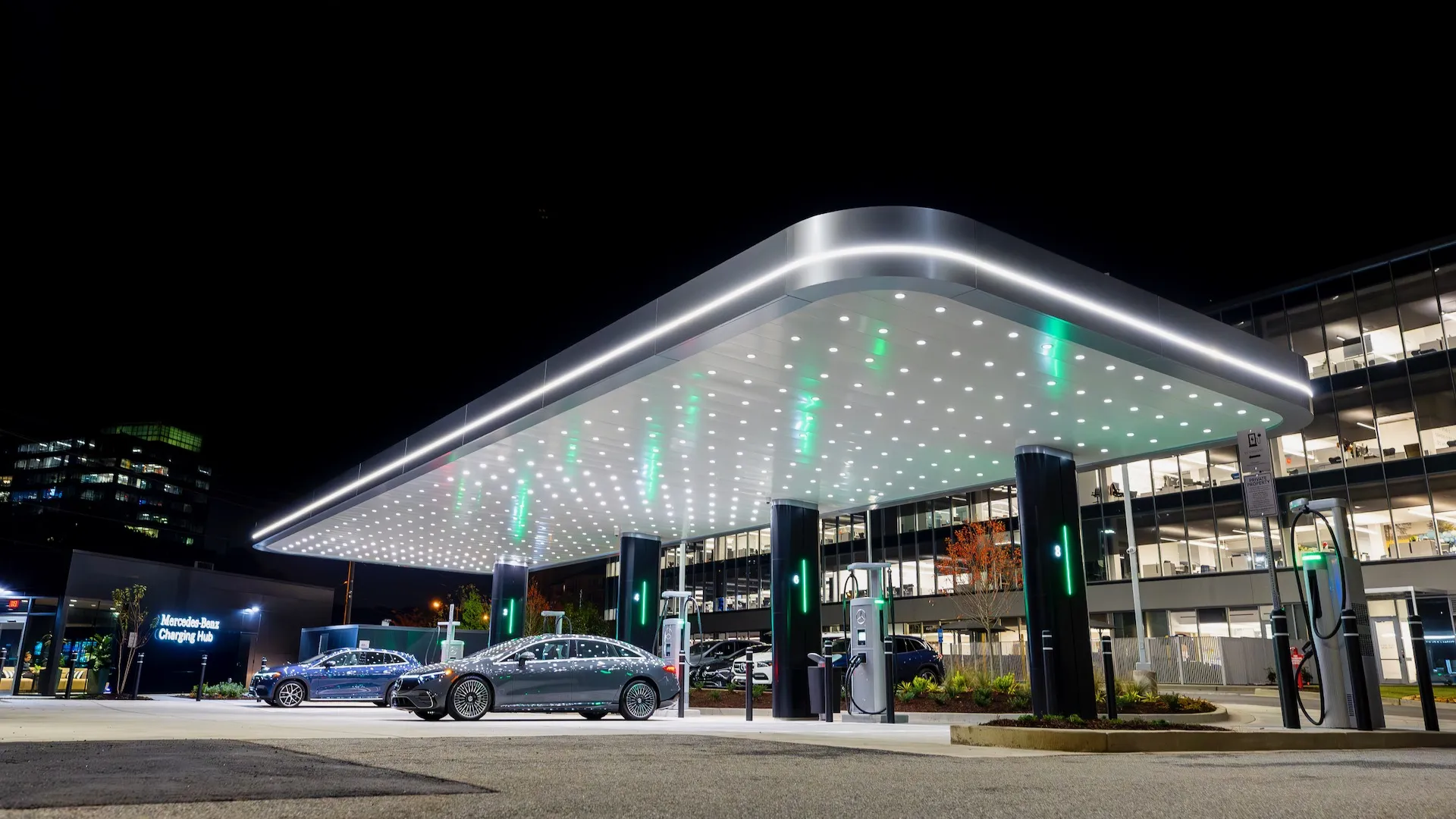Swedish battery start-up Northvolt announced that it will establish a fully integrated lithium-ion battery gigafactory in Canada.
The first North American factory – named Northvolt Six – will be located in McMasterville and Saint-Basile-le-Grand just outside the city of Montréal, in the Canadian province of Quebec.
According to Northvolt, the plant will host 60 gigawatt-hours of annual cell manufacturing capacity, with adjacent facilities for cathode active material production and battery recycling, enabling fully circular production at the site.
The number of 60 GWh is a long-term target for the project. The first phase will be 30 GWh and is due to commence before the end of 2023. The factory is expected to begin operations in 2026, so within about three years from now.
The company estimates that the initial phase of cathode and cell manufacturing, coupled with recycling, will require a total investment of $5 billion (7 billion CAD). Up to 3,000 people will find a job at the factory.

Northvolt Six battery factory in Canada (render)
Northvolt adds that the selection of the 170-hectare site for Northvolt Six was made after an extensive review of locations in North America. It was the best option after considering multiple criteria.
Strong points of the site, as Northvolt explains, were Quebec hydroelectricity, which guarantees cell production from 100 percent renewable energy, as well as the automotive value chain in the area. On top of that, the Government of Canada and the Government of Quebec strongly supported the project, which is promised to become the largest private investment in Quebec’s history.
It’s a pretty big jump for Northvolt, a company founded just seven years ago, which currently produces EV battery cells in Sweden (for a number of manufacturers of cars and trucks). The company has also a battery energy storage plant in Poland and several other projects on hand in a few countries. There is a plan to build a 60-GWh factory in Germany, but it seems that this project might be delayed.
Northvolt does not reveal which EV manufacturers will buy battery cells from the Canadian plants or the battery chemistry/cell form factor.










